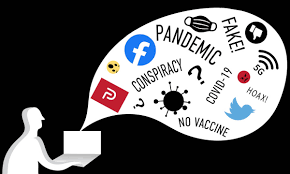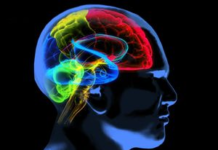Toronto– Human brains are hardwired to believe lies and conspiracy theories that have been brought about by politicians, dictators and social disruptors, according to a new book that analyses the power of language on people’s brains.
The book “Politics, Lies and Conspiracy Theories”, by Marcel Danesi Professor of Semiotics and Linguistic Anthropology at the University of Toronto, Canada, analyses the speeches of dictators including Mussolini, Stalin, and Hitler, as well as prominent hate groups.
His research finds there is one thing they all have in common: they all use dehumanising metaphors to instil and propagate hatred of others.
“The intent of such speech is to attack those who do not belong to the mainstream, such as racial minorities, or people of different sexual orientations,” Danesi said, citing example of words like ‘pests’, ‘reptiles’ and ‘parasites’ used by the Nazi regime to compare outsiders and minorities to animals.
Danesi’s research shows that dehumanising metaphors like these are so powerful because they tap into and “switch on” existing circuits in the brain that link together important and salient images and ideas.
In effect, metaphors bypass higher cognitive reasoning centres, directing our thoughts to focus on certain things whilst ignoring others.
According to Danesi, the more these circuits are activated the more hardwired they become, until it becomes almost impossible to turn them off.
Similarly, research shows that people who believe conspiracy theories develop more rigid neural pathways, meaning they find it difficult to rethink situations.
“When we come across a big lie or a conspiracy theory, it can shape our ideas without us even being aware of it,” Danesi said.
“By being exposed to particular metaphors, we may develop hostile feelings towards specific groups – this is why hate groups use metaphors to turn the switches on, so as to motivate people to violent activism,” he added.
Unfortunately, once people begin to believe lies, they are unlikely to change their minds even when confronted with evidence that contradicts their beliefs, the research showed.
Moreover, they are more likely to seek out information that confirms their beliefs, avoid anything that is in conflict with them, or even turn the contrasting information on its head, making it impossible to change their minds ever.
According to Danesi, this can have devastating consequences. “When lies are used to generate hate, harmful behaviours tend to result, including violence and genocide against the target individual or groups,” Danesi said.
So, how can one protect from the power of lies?
Danesi said, the best thing we can do is to understand the metaphors of the other party, and to examine one’s own metaphors. However, history and science tells us that it is unlikely to work — research shows that once a lie is accepted as believable, the brain becomes more susceptible to subsequent lying. (IANS)














